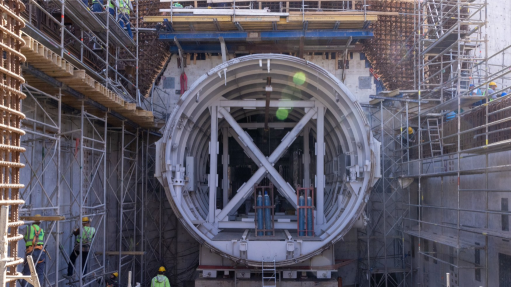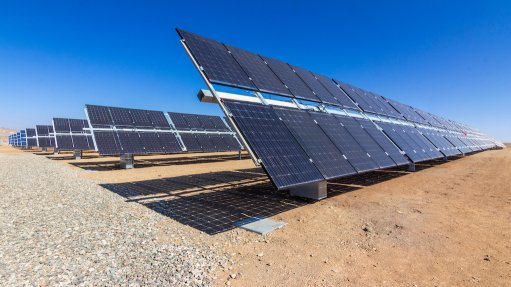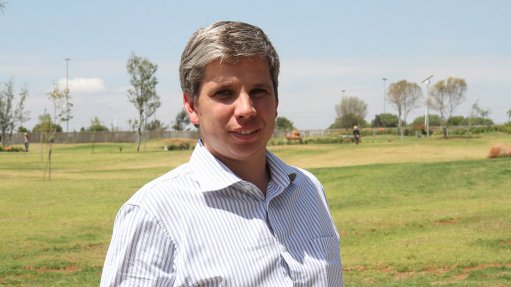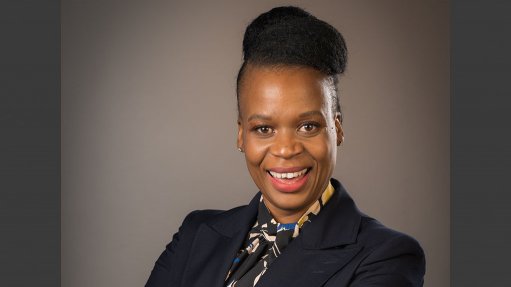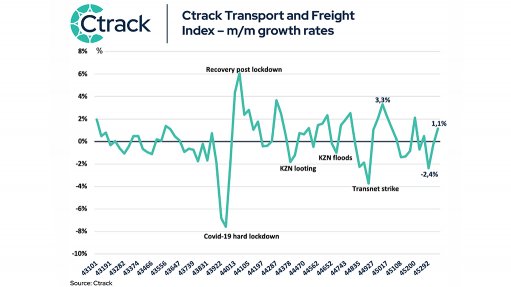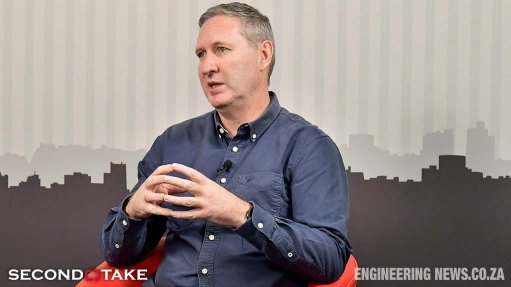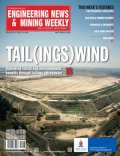Industry, business welcomes tough Budget, but warns govt to implement promised changes
Although Finance Minister Malusi Gigaba has faced sharp criticism following the tabling of the 2018 Budget on Wednesday, particularly from opposition party, the Democratic Alliance, and the Congress of South African Trade Unions, industry bodies and business organisations have welcomed the measures announced to try to overcome the fiscal difficulties facing the country.
The South African Chamber of Commerce and Industry (Sacci), Business Unity South Africa (Busa) and the CEO Initiative acknowledged efforts to present a well balanced budget amid the tough economic environment.
“We realise the trade-offs and decisions could not have been easy with so many competing priorities, but given the severity of our challenges, we all need to sacrifice in some way to ensure the long-term stability of our fiscal position and avert further credit rating downgrades,” said CEO Initiative convenor Jabu Mabuza.
He added that the organisation welcomed plans to stabilise debt-to-gross domestic product at 56.2% by 2022/23 and to lower the deficit to 3.5% over the next three years and described the downward revision of the expenditure ceiling as “encouraging”.
“We acknowledge that the decision to increase value-added tax (VAT) would not have been an easy one for any emerging economy in a time of low economic growth, but we commend the National Treasury for the bravery in taking the difficult decisions necessary for the long-term health of our country’s finances.
“This has been softened by an increase in social welfare spending and more inflation-adjusted tax relief for those taxpayers in the lower earnings brackets,” Mabuza added.
Busa CEO Tanya Cohen noted that the increase in the VAT rate is the “least damaging option” to generate the majority of the revenue increases earmarked in the Budget.
Sacci, however, pointed out that other changes, such as the 52c increase in the fuel levy, would put many businesses on the back foot, given the fact that fuel is a high input cost for many businesses.
It further noted that many consumers and employees would be adversely affected by the high levy, coupled with the one percentage point increase in VAT to 15%.
“[This] increase . . . may appear marginal; however, the knock-on effect will impact revenue growth in many businesses and this is something that South Africa should watch closely,” Sacci warned.
However, the Steel and Engineering Industries Federation of Southern Africa’s (Seifsa’s) chief economist Dr Michael Ade argued that the increase in the VAT rate was a clear sign of government’s commitment to fiscal consolidation and its willingness to reduce the revenue shortfall.
North-West University Potchefstroom School of Business and Governance’s Professor Raymond Parsons agreed, noting the decision to raise VAT in the Budget was inevitable. However, he stated that continuing tax increases in the face of weak growth was why South Africa needed much higher economic growth rates.
This, Sacci felt, could have been achieved by at least a R10-billion allocation to small businesses and start-ups. “The R2.1-billion allocation to the development of these businesses was too small, as these entities are the only hope for the creation of jobs,” it stated.
Meanwhile, Ade said the 2018 budget may indicate a turning point for the domestic economy.
“It reflects major new expenditure commitments and corresponding reductions in line with new policy initiatives.
“However, the challenge is that the spending proposals reflect a trade-off between the country’s vast service-delivery needs and the need to manage government’s finances sustainably and prudently,” he noted.
Ade also welcomed government’s intention to increase collaboration with all law enforcement agencies to strengthen efforts to fight fraud, corruption and abuse of supply chain management (SCM) across all spheres of government to restore the integrity of SCM.
“As long as government spending is not kept under control, the tax burden must inevitably rise,” Parsons added.
He pointed out that the danger of South Africa drifting into a negative 'tax-and-spend' cycle could be averted if, as promised, strenuous efforts are made to reduce the size of government.
“Unless fundamental economic reforms are in the offing, if the economy languishes in a low growth trap, the balancing of the books in the 2018/19 Budget will rest on weak foundations,” Parsons warned.
He believed the change in political leadership, the positive reception of the State of the Nation Address and the fiscal 'mix' in the Budget might “be just enough” to stave off universal junk status for the time being.
“There is a better chance now that South Africa will be given more time to get its house in order and implement the necessary reform measures to turn the economy around. What again, ultimately, comes through all the fiscal challenges in the latest Budget is the overwhelming need for a radical and sustainable boost in South Africa’s flagging growth rate,” Parsons said.
Comments
Press Office
Announcements
What's On
Subscribe to improve your user experience...
Option 1 (equivalent of R125 a month):
Receive a weekly copy of Creamer Media's Engineering News & Mining Weekly magazine
(print copy for those in South Africa and e-magazine for those outside of South Africa)
Receive daily email newsletters
Access to full search results
Access archive of magazine back copies
Access to Projects in Progress
Access to ONE Research Report of your choice in PDF format
Option 2 (equivalent of R375 a month):
All benefits from Option 1
PLUS
Access to Creamer Media's Research Channel Africa for ALL Research Reports, in PDF format, on various industrial and mining sectors
including Electricity; Water; Energy Transition; Hydrogen; Roads, Rail and Ports; Coal; Gold; Platinum; Battery Metals; etc.
Already a subscriber?
Forgotten your password?
Receive weekly copy of Creamer Media's Engineering News & Mining Weekly magazine (print copy for those in South Africa and e-magazine for those outside of South Africa)
➕
Recieve daily email newsletters
➕
Access to full search results
➕
Access archive of magazine back copies
➕
Access to Projects in Progress
➕
Access to ONE Research Report of your choice in PDF format
RESEARCH CHANNEL AFRICA
R4500 (equivalent of R375 a month)
SUBSCRIBEAll benefits from Option 1
➕
Access to Creamer Media's Research Channel Africa for ALL Research Reports on various industrial and mining sectors, in PDF format, including on:
Electricity
➕
Water
➕
Energy Transition
➕
Hydrogen
➕
Roads, Rail and Ports
➕
Coal
➕
Gold
➕
Platinum
➕
Battery Metals
➕
etc.
Receive all benefits from Option 1 or Option 2 delivered to numerous people at your company
➕
Multiple User names and Passwords for simultaneous log-ins
➕
Intranet integration access to all in your organisation






